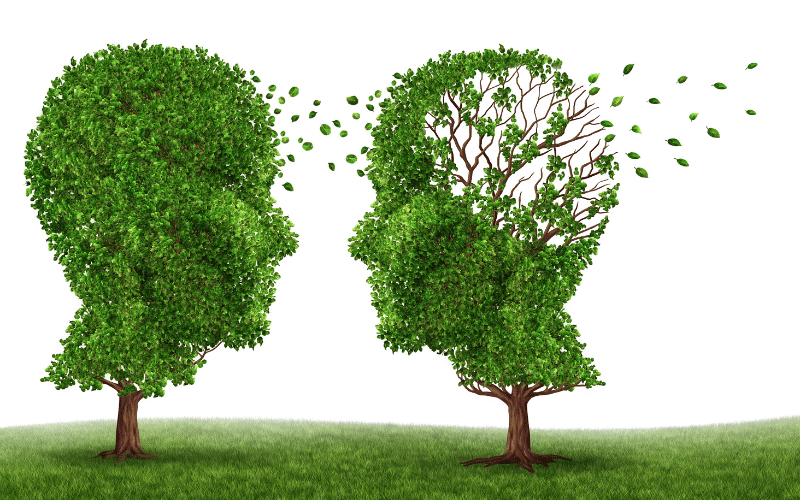2. Signs of Progression to Late-Stage Dementia

The transition to late-stage dementia isn’t instantaneous. It’s marked by specific signs that indicate progression from early and middle stages to the late stage. Recognizing these signs can help in understanding what to expect in terms of life expectancy.
The cognitive decline becomes significantly pronounced in late-stage dementia. There may be severe memory loss, with the person possibly unable to recognize familiar faces or places. Cognitive skills like reading, writing, and even communicating verbally become progressively challenging.
Physical changes are another sign of late-stage dementia. The person may find it increasingly difficult to perform basic tasks like eating, walking, or even sitting without assistance. There may be a noticeable loss of weight and a decrease in physical activity.
Changes in behavior also indicate progression to late-stage dementia. There might be increased instances of agitation, aggression, or even hallucinations. Sleep patterns might be disrupted, with periods of restlessness or insomnia.
Late-stage dementia is often marked by more frequent and severe health problems. These can range from recurrent infections to difficulties with swallowing, increasing the risk of pneumonia. Skin conditions due to reduced mobility, such as bedsores, could also occur.
Lastly, the person’s responsiveness to the environment decreases. There might be long periods of disengagement, where the person appears lost in their thoughts. However, moments of clarity, where they recognize their loved ones or respond to affection, can still occur. (2)